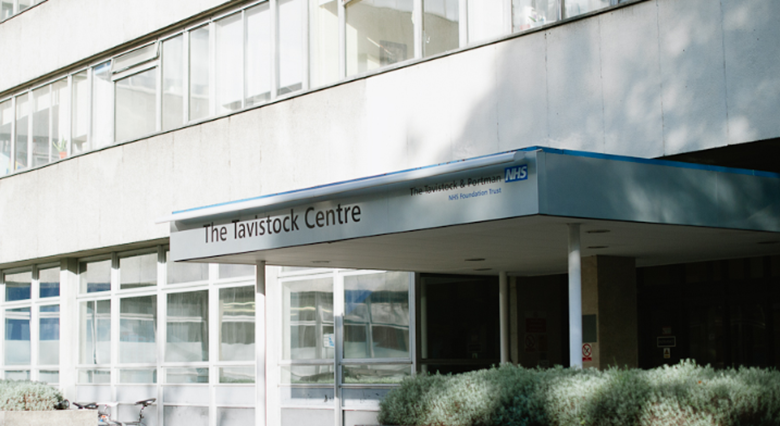Gender identity services: review lead calls for regional support centres
Nina Jacobs
Monday, March 14, 2022
Children and young people with gender dysphoria should be treated at specialist regional centres to better meet their needs and reduce long waiting times, an independent review has suggested.

Dr Hilary Cass, who was appointed to carry out a review of gender dysphoria services in England following criticism of the national provider, outlines in her interim report that a “fundamentally different” model of care is needed for young people experiencing issues around their gender.
- Analysis: Better gender identity support
- Research: Gender identity and non-binary presentations in the young
This would be more in line with other paediatric provision to provide “timely and appropriate” care for these children and young people, including support for any other clinical presentations they might have, the report states.
Currently, the Gender Identity Development Service (GIDS), based at the Tavistock Centre in London, is the only specialist clinic offering gender identity services for children and young people in England and Wales. It also runs a centre in Leeds.
But the service, which has seen a huge increase in referrals resulting in long waiting times, was rated as “inadequate” by the Care Quality Commission following a visit by inspectors in 2020.
The report suggests that a series of regional centres could develop links and work collaboratively with a range of local services to “ensure that appropriate clinical, psychological and social support” is made available to children and young people who are in early stages of experiencing “gender distress”.
It states that using such an approach could help those young people waiting for long periods to access GIDS that may be at “considerable risk”.
“By the time they are seen, their distress may have worsened, and their mental health may have deteriorated,” the report states.
Furthermore, many young people using the service have a range of mental health needs, with around a third of those referred to GIDS diagnosed with autism or other types of neurodiversity.
There is also an over-representation of looked-after children, it adds.
Moving away from one specialist clinic to regional hubs could help address the issue of “diagnostic overshadowing” among these groups of children, the report suggests.
“Many of the children and young people presenting have complex needs, but once they are identified as having gender-related distress, other important healthcare issues that would normally be managed by local services can sometimes be overlooked,” it concludes.
Mermaids, a charity that supports transgender, nonbinary and gender-diverse children and young people, said it welcomed the interim recommendations as a “positive step towards much-needed change”.
The charity said the review’s proposals echoed its calls for services to be more localised, training for healthcare professionals to be increased and a consistent clinical approach created to avoid a “postcode lottery” of care.
“We do recognise however, that this in an interim report - those claiming this as a ‘win’ or ‘lose’ moment, do so prematurely.
“We are committed to continue working with the review team to ensure the voices of young trans people are at the centre of this work,” it said.




